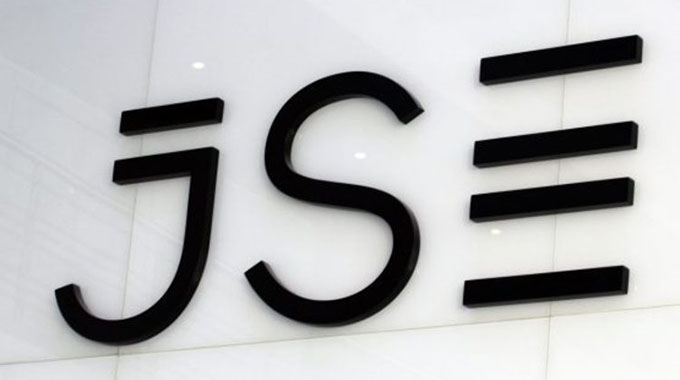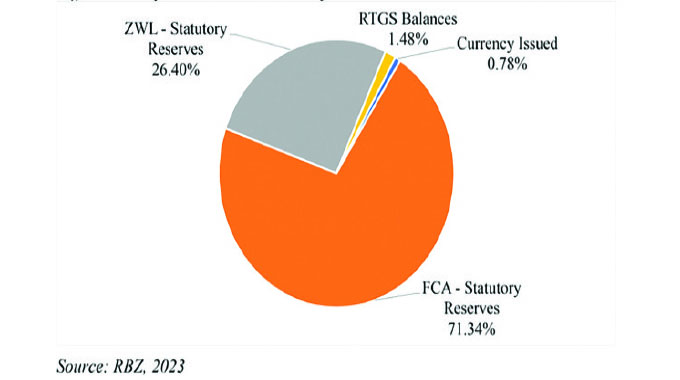Cottco gets new board since 2016

Business Reporter
THE Cotton Company of Zimbabwe (Cottco), the country’s largest financier of the cotton crop, has a new board to be chaired by academic, Dr Abraham Babs Nyoni.
Dr Nyoni, a senior lecturer at the National University of Science and Technology will be deputised by Ms Onai Muvhingi, the Ministry of Lands, Agriculture, Water and Rural Settlement said in a statement on Tuesday.
Other board members are executive director of Zimbabwe Farmers Union Mr Paul Zakariya, Mr Pious Manamike, Cottco acting chief executive, Dr Mildred Mushunje, Mavis Marongwe and Ephraim Murendo.
Cottco last had a board in 2016, chaired by Mrs Cecelia Paradza.
Cottco, since 2015 has been administering the Presidential Free Inputs Scheme, a programme meant to help small scale farmers and vulnerable households who had abandoned farming the crop, also known as the “white gold” due to poor funding by the merchants.
From 28 000 tonnes in 2015, the lowest output in nearly two decades, the scheme helped Zimbabwe to scale up production to about 142 000 tonnes in 2018 of which Cottco accounted for nearly 80 percent of total output (128 000 tonnes).
Production, however, fell in 2019 to about 70 000 tonnes due to drought, which also affected other crops such as maize.
As part of measures to counter adverse weather conditions associated with climate change, Cottco introduced a moisture conservation tillage assistance programme to farmers to mitigate the effects of droughts.
Conservation tillage is a generic term that covers systems that reduce loss of soil and water compared with conventional methods.
Droughts associated with climate change have seen most parts in southern African region experiencing severe droughts over the past few years, hurting production and threatening food security.
The company also brought on board commercial farmers with irrigation facilities. In addition, Cottco also introduced hybrid seeds last year, which have potential to improve yields by as much as 45 percent when compared with the traditional varieties.
The hybrid seeds also require less water compared to non-hybrid varieties.
Cottco is one of the companies whose debt was taken over by ZAMCO, a special purpose vehicle created by the Reserve Bank of Zimbabwe to rescue debt ridden local firms and to hive off bad loans that were threatening the stability of the financial services sector.
Initially, Cottco and ZAMCO were working on a scheme to convert the former’s $56 million debt to equity, which could have seen the later assuming 95 percent shareholding.
However, following successive years of improved production, buoyed by State sponsored programmes supporting small-scale farmers and improved foreign currency inflows, Cottco managed to settle its obligations.
Cotton is one of Zimbabwe’s major cash crops alongside tobacco and is an important source of foreign currency.








Comments